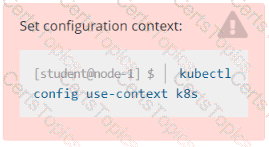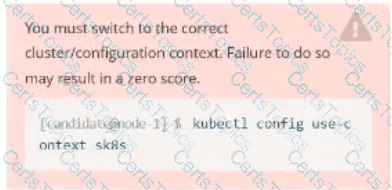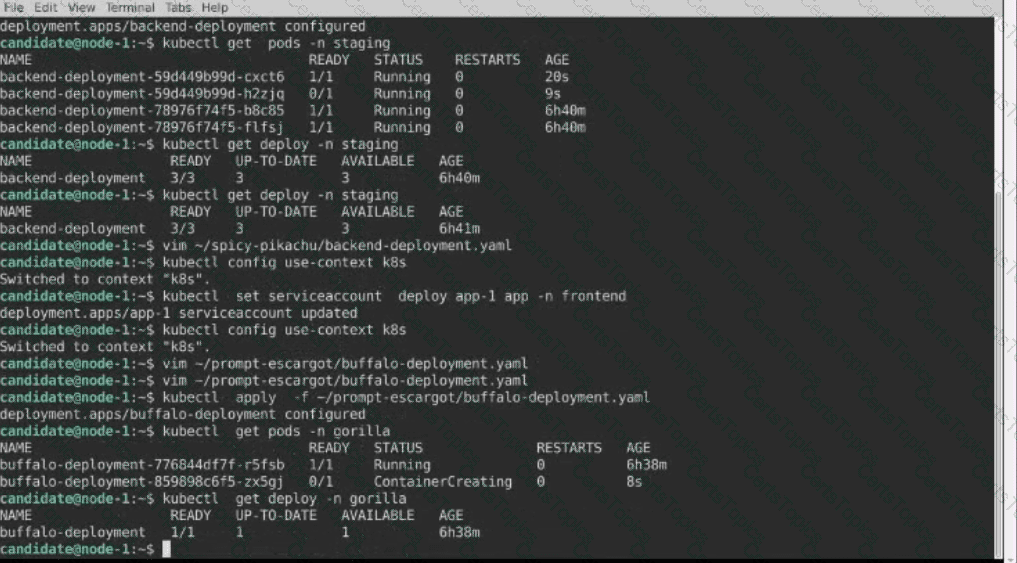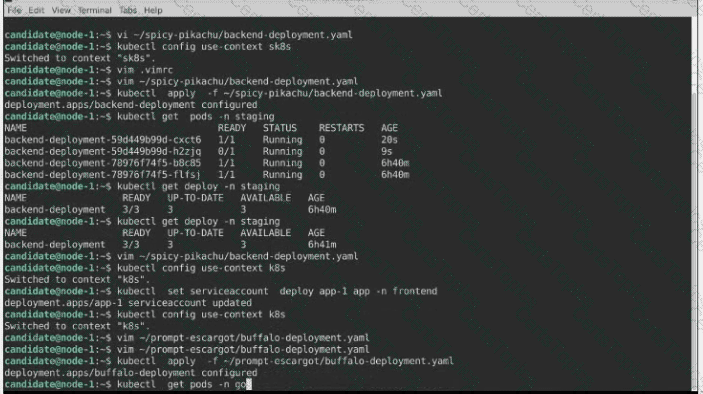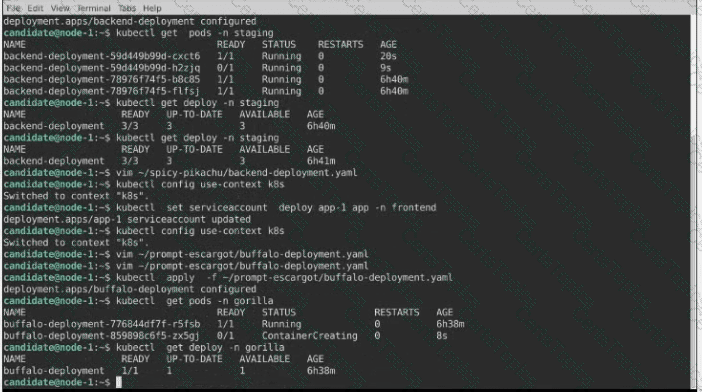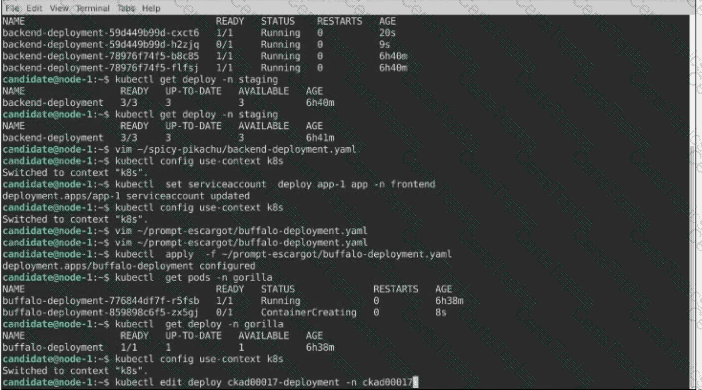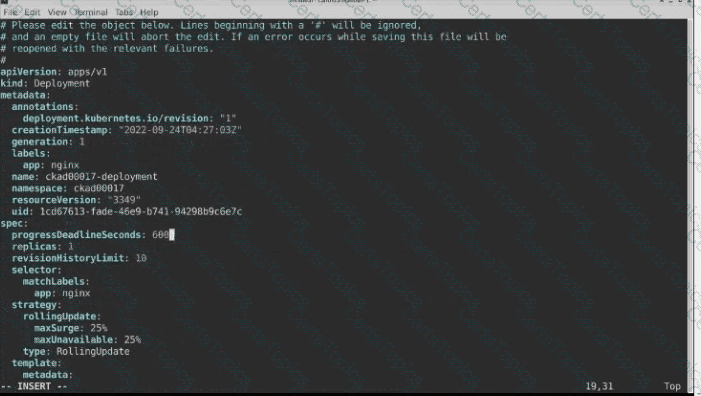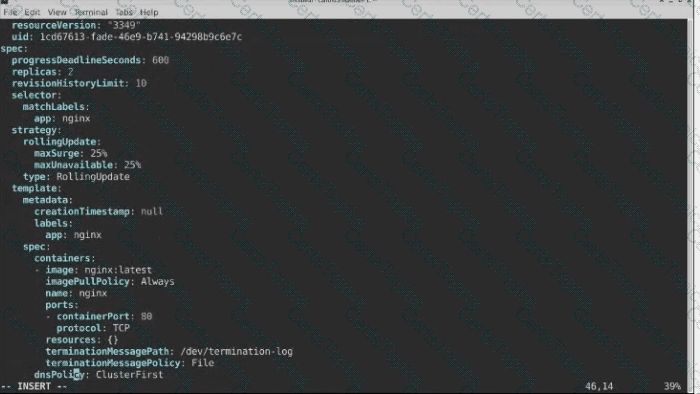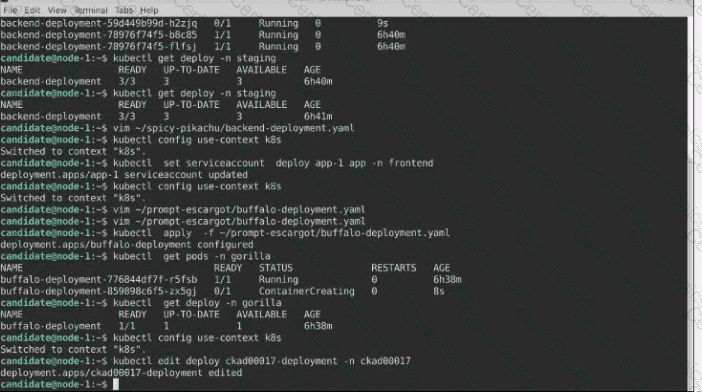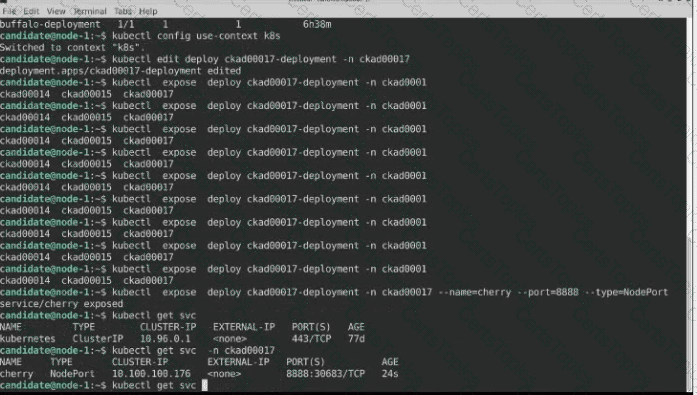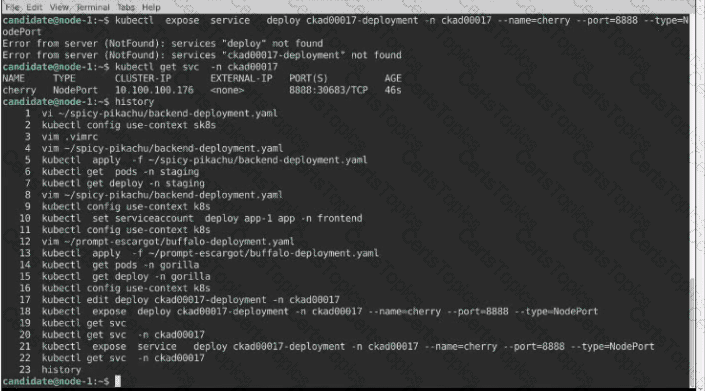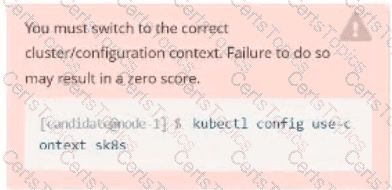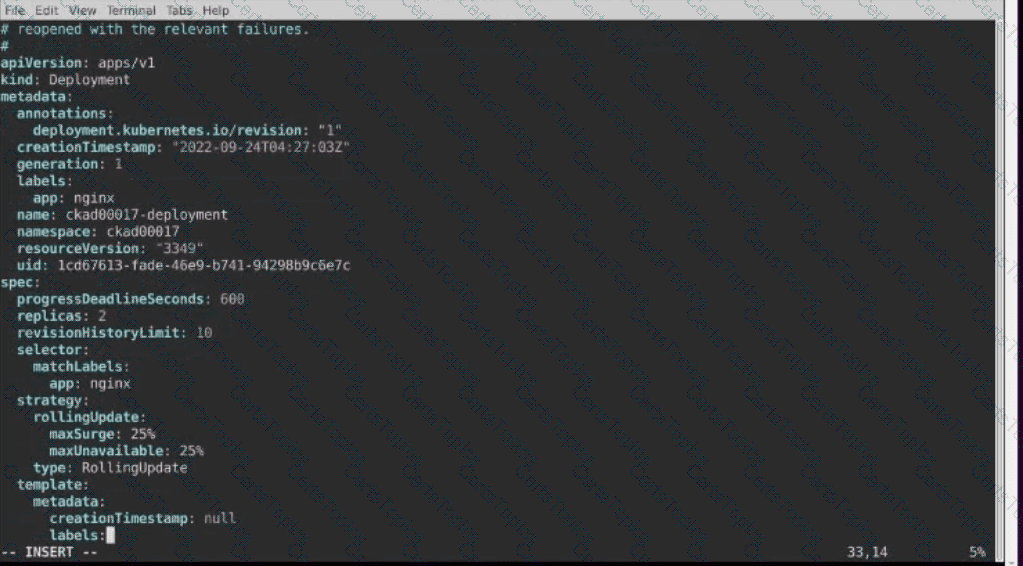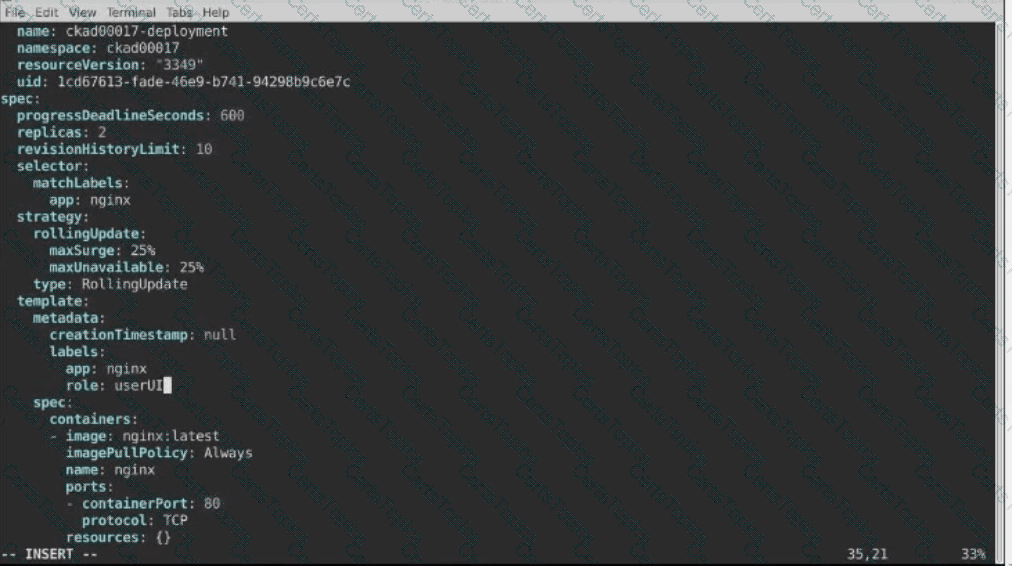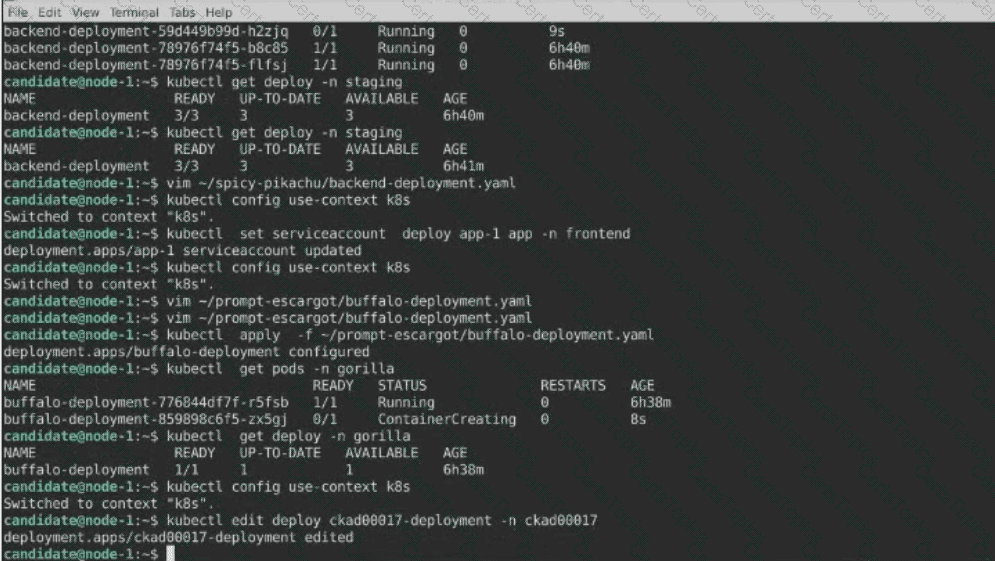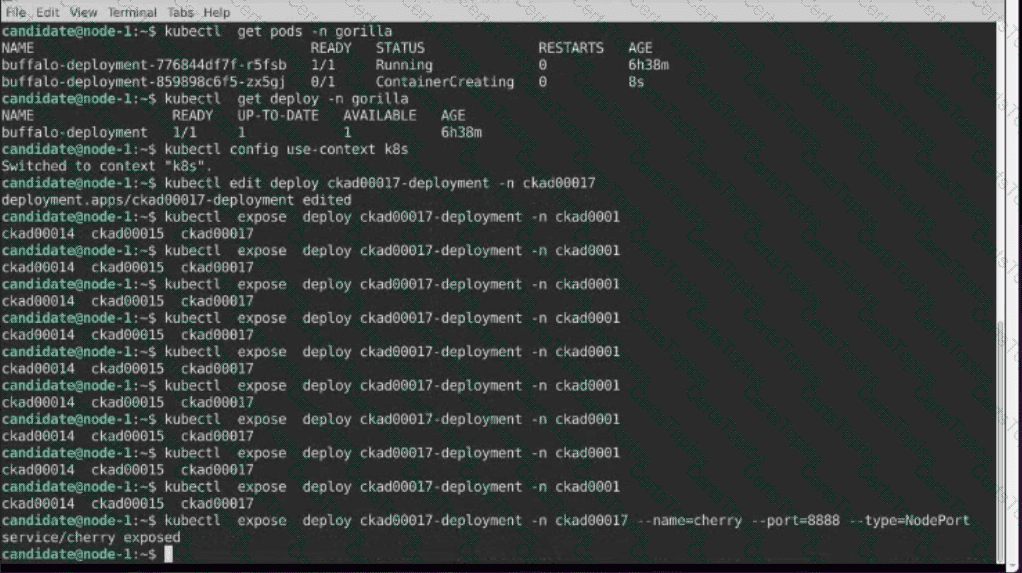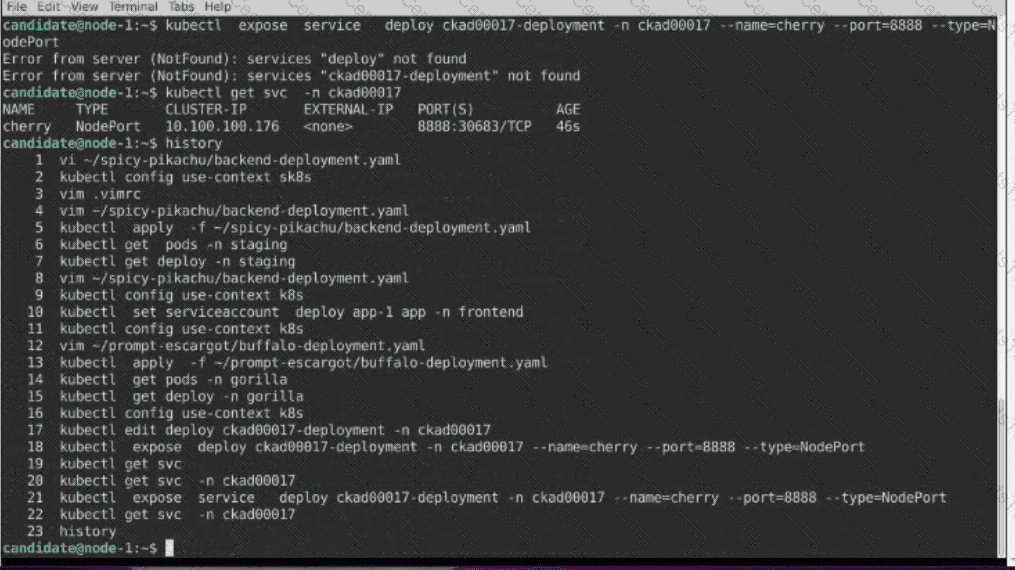Linux Foundation CKAD Exam With Confidence Using Practice Dumps

CKAD: Kubernetes Application Developer Exam 2025 Study Guide Pdf and Test Engine
Are you worried about passing the Linux Foundation CKAD (Certified Kubernetes Application Developer (CKAD) Program) exam? Download the most recent Linux Foundation CKAD braindumps with answers that are 100% real. After downloading the Linux Foundation CKAD exam dumps training , you can receive 99 days of free updates, making this website one of the best options to save additional money. In order to help you prepare for the Linux Foundation CKAD exam questions and verified answers by IT certified experts, CertsTopics has put together a complete collection of dumps questions and answers. To help you prepare and pass the Linux Foundation CKAD exam on your first attempt, we have compiled actual exam questions and their answers.
Our (Certified Kubernetes Application Developer (CKAD) Program) Study Materials are designed to meet the needs of thousands of candidates globally. A free sample of the CompTIA CKAD test is available at CertsTopics. Before purchasing it, you can also see the Linux Foundation CKAD practice exam demo.

